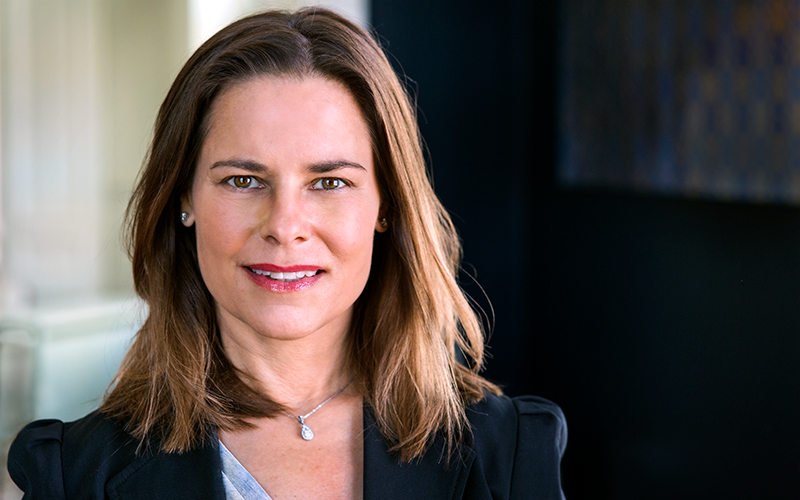SULF to meet the Swedish Migration Agency

The difficulties they face in trying to obtain a residence permit mean that foreign doctoral candidates and researchers choose to move to other countries instead of Sweden. One major problem is the Migration Agency's processing times for applications, but there are also problems linked to interpretation of the current legislation. Next week, the President and the Chief Negotiator of SULF will meet the Swedish Migration Agency.
Since the amendments to the Aliens Act and the Aliens Ordinance came into effect last summer, SULF has been working in a number of ways with the negative effects of the legislation for our doctoral candidate and researcher members from countries outside the EU/EEA, of which there are many in the higher education sector.
Some of the problems we have identified are related to the self-support requirement introduced for permanent residence permits, while we have also seen issues that have risen in conjunction with the changes but which rather relate to the implementation of the EU directive on residence permits for studies or research. Further obstacles are the Swedish Migration Agency's long processing times and its sometimes poor knowledge of this group's particular situation.
Now that more than a year has passed since the law was changed and we have not seen that the Migration Agency is working to improve the situation for doctoral candidates and researchers, SULF has arranged a meeting with the Migration Agency to discuss these and other issues.
“We are seeing indications that doctoral candidates and researchers are choosing countries other than Sweden because of our legislation and complicated bureaucracy,” says Sanna Wolk, President of SULF. “If Sweden is to be a world-class knowledge nation, we must do everything we can to make it easier for outstanding researchers to come to Sweden and to be able to remain here. We hope that we can find solutions for foreign doctoral candidates and researchers in collaboration with the Swedish Migration Agency.”